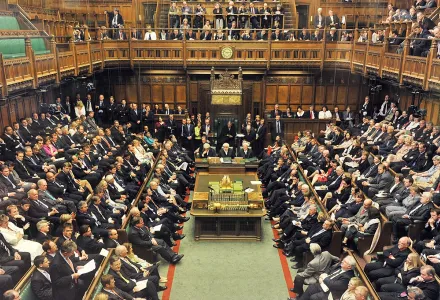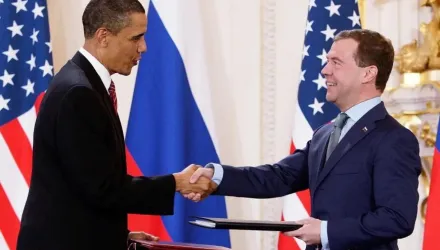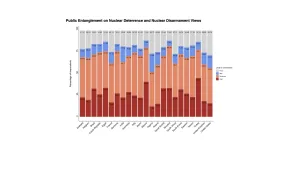ABSTRACT
A recent wave of survey experiments has advanced scholarly understanding of public attitudes towards the use of nuclear weapons. In this article, we address the central question: can public opinion influence decision-makers’ views on nuclear weapon use? We bridge this critical gap in the literature with a survey experiment conducted on samples of UK parliamentarians and US and UK government employees in official policy roles. We varied public support for nuclear strikes in realistic scenarios to examine participants’ responsiveness to public preferences when considering nuclear first use, nuclear retaliation, and third-party nuclear threats. We show that high public support notably increases willingness to endorse nuclear first use against non-nuclear adversaries. Furthermore, public backing shapes beliefs about national leaders’ willingness to order nuclear strikes. However, the effect of public opinion is weaker in nuclear retaliation contexts, suggesting that different considerations become prominent when the ‘nuclear taboo’ has been breached. Importantly, sympathetic public opinion strongly influences perceptions of the credibility of third-party nuclear threats, carrying implications for the practice of nuclear deterrence. Our findings highlight the role of public opinion as both an enabling and constraining force on nuclear use and provide new theoretical and empirical insights into elite decision-making in nuclear politics.












